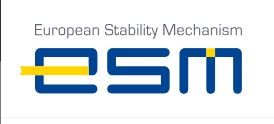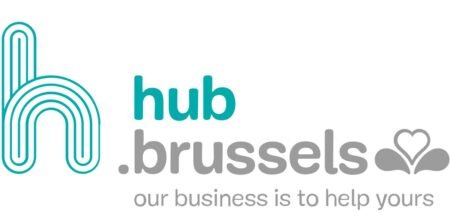(BRUSSELS) – New customs rules for the European Union will make life simpler for businesses that trade in Europe and better protect consumers against illegal and counterfeit goods, says the EU Commission.
The rules, which came into force on 1 May,
The new Union Customs Code (UCC), which came into force on 1 May, represents a major overhaul of existing EU customs legislation dating back to 1992. It is a milestone for the European Customs Union, the framework which allows more than 3 trillion worth of goods to flow in and out of the EU each year.
The new rules aim to:
- allow traders to clear customs procedures more simply and quickly, getting goods to consumers faster and more cheaply;
- better protect consumers against illegal goods or goods which don’t respect European environmental, health and safety requirements;
- improve cooperation between customs administrations with the help of new IT systems.
Finance Commissioner Pierre Moscovici said: “The new Union Customs Code opens the door to new state-of-the-art IT systems that will provide fast and quality data on goods being traded and will allow extremely close coordination among the administrations of our Member States.”
Modern IT systems are seen as essential in order to allow customs systems to work efficiently and they are at the heart of the new rules. The new UCC puts in place IT systems that both customs administrations and traders need for simple and fast clearance of customs procedures while also ensuring that all necessary checks and controls are carried out. The new rules are the outcome of a rigorous and comprehensive dialogue involving all partners.
The EU’s Customs Union means that once cleared by Customs in one EU Member State, goods can move freely within the Union on the basis that all Member States apply the same revenue and protection rules at external borders.
The 28 customs administrations of the EU have to act as though they were one entity, while also facilitating trade and protecting the health and safety of all EU citizens.
The EU is one of the largest trading blocks in the world. In 2015, the EU accounted for almost 15% of world trade in goods, worth 3.5 trillion. Managing this volume of international trade requires handling millions of customs declarations per year in a fast and efficient manner.
Customs also play an important role in the fight against terrorism by checking for the illegal trafficking of firearms and illegal trade in works of art and cultural goods. They protect consumers against goods which present a risk to safety and health. For example, 454.2 tonnes of drugs, 35 million counterfeit goods and 3.2 billion cigarettes were seized in the EU in 2014. Appropriate controls require fast, high-quality and updated information and sound coordination among the customs administrations of our Member States.
What is the UCC?
The UCC is the new framework regulation for the rules and procedures for customs throughout the EU. It reflects a move towards a more modern customs environment for EU countries, making European business more competitive and advancing the EU Strategy for growth and jobs.
More specifically, it will:
- streamline customs legislation and procedures across the EU;
- offer greater legal certainty and uniformity to businesses and increase clarity for customs officials;
- simplify customs rules and procedures to make customs transactions more efficient and modern;
- complete the shift to a paperless and fully electronic and interoperable customs environment;
- introduce more speedy customs procedures for compliant and trustworthy businesses.
The UCC should be fully implemented by the end of 2020. During the transitional period, the new rules will apply by using existing IT systems and, in some cases, paper forms. Work to develop the new systems or to upgrade existing ones has already begun.
Further information, European Commission:








